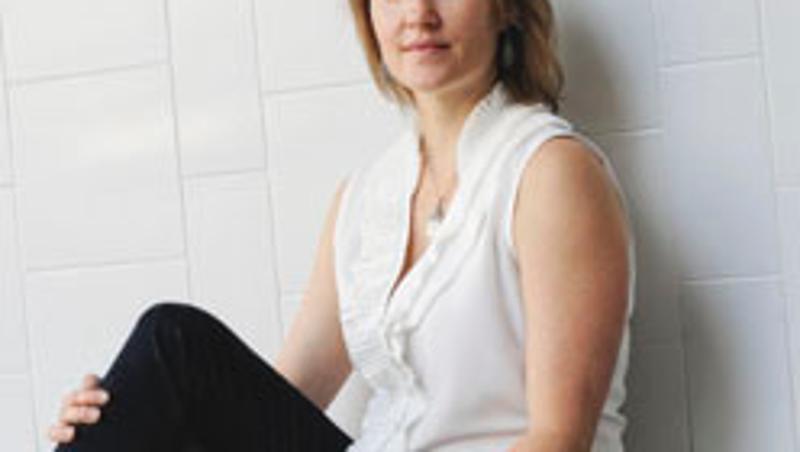
While childhood sexual abuse can have severe long-term psychological impacts for many people, some survivors are able to fully heal, and live rich and meaningful lives.
A Queensland University of Technology (QUT) researcher is seeking participants for a study which will examine the various ways people have managed to move past traumatic experiences of childhood sexual abuse.
The research will form the basis of a book for survivors, and a second book for practitioners, which will provide a contrasting viewpoint to the hopelessness pervading many publications on this topic.
"As a psychologist in private practice, and previously in community organisations, I have noticed that there are common, negative perceptions about the outcomes of childhood sexual abuse," said Sheryle Vilenica, a PhD researcher from QUT's School of Psychology and Counselling.
"There is a perception that because someone has been abused, they're going to experience a wide range of negative outcomes, such as depression and post-traumatic stress disorder, and not be able to overcome them."
Mrs Vilenica said this was not always the case, and she had observed some people move through their trauma and even experience "post-traumatic growth".
RELATED ARTICLES:
Study looks at how fire-fighters cope with tragedy and trauma
Post-traumatic growth in aftermath of Queensland disasters
"For my current research, I want to speak to well functioning, psychologically healthy, engaged-in-life women, over the age of 18, who had contact sexual abuse in childhood that they felt was traumatic, and feel they have worked through their experiences," she said.
"The project will focus on women who now consider themselves healed, or well into their healing journey.
"While this initial stage of research is focusing on women, my next study will address healing processes for men who experienced childhood sexual abuse."
Mrs Vilenica intends to examine the various ways people healed from their trauma - whether they sought professional help or not.
Participants will take part in an initial face-to-face interview for two to three hours; and at a later stage, will be required for a one-hour follow up interview. Those not located in the Brisbane metropolitan area will be able to take part in the interviews remotely.
Participants will not be identified in any of the research reports or publications.
"The idea of looking at positives that come out of healing is in no way denying that this is a highly invasive, highly damaging personal experience many people go through," she said.
"This is just another side of the coin that we need to examine, in order to balance out the widespread, negative perceptions which don't tell the whole story - that it is possible to heal from child sexual abuse, and indeed, even grow and flourish."
Those interested in participating in the study can email svpsychology@live.com.au
Media contact: Michaela Ryan, QUT media officer, 07 3138 4494 or michaela.ryan@qut.edu.au


